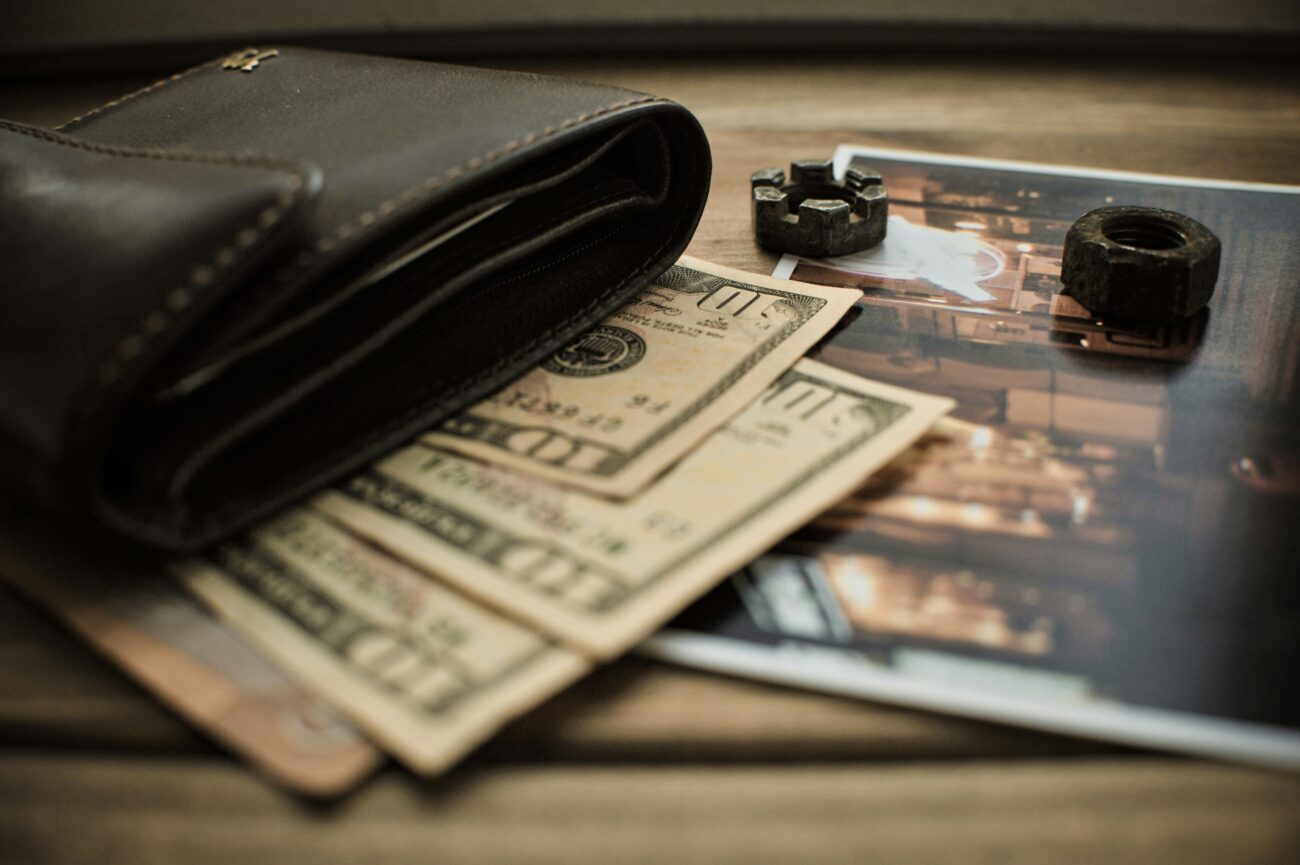When you first step into crypto, one of the most confusing questions is: “Where do I keep my coins?” That’s where wallets come in. But don’t worry — it’s much simpler than it sounds.
What is a Wallet (and Why Do You Need One)?
A crypto wallet is a tool that lets you store, send, and receive your coins safely.
It doesn’t actually “hold” your coins (those live on the blockchain) — but it gives you the keys (like the password) that prove you are the rightful owner.
If you don’t hold those keys yourself, someone else does — usually the exchange. And we already know that’s risky.
-> A wallet is your way of saying: “These coins are mine, and only I can decide what happens with them.”
Hot vs Cold Wallets
Cold Wallets = Not connected to the internet. This makes them much safer, because hackers can’t reach them. These are usually hardware devices (like Ledger, Trezor) or even paper wallets. They require a bit more effort to use, but they’re the gold standard for long-term safety.
Hot Wallets = Connected to the internet. Easy, quick, convenient. Examples: mobile apps, desktop apps, browser extensions. But they are also more exposed to hacking.
Read this article if you want to set up your first simple mobile phone wallet.
Different Types of Wallets
Here’s a simple breakdown of what’s out there:
Hardware Wallets (cold storage devices) → Best for larger, long-term savings. Examples: Ledger, Trezor, Tangem.
Mobile Wallets (apps on your phone) → Great for beginners or everyday spending. Examples: Trust Wallet, Exodus.
Desktop Wallets (software on your laptop/PC) → Good for medium-term holdings, slightly more secure than mobile. Examples: Atomic Wallet, Electrum, Exodus.
Browser Wallets (extensions for Chrome/Brave) → Needed if you want to use DeFi or NFTs. Examples: MetaMask.
Which Wallet is Right for You?
It depends on what you need:
- Beginner, starting small → A trusted mobile wallet is a good first step.
- Active user, trading sometimes → A desktop wallet or browser wallet works.
- Long-term saver (HODL mindset) → A hardware wallet is your safest choice.
- Daily spender → Keep a little on your mobile wallet (like cash in your purse), but store your main funds in cold storage.
Final Tip
Think of wallets like purses, bank accounts, and safes:
- A mobile wallet is like the purse you carry with you.
- A desktop wallet is like your current account.
- A hardware wallet is like your private safe at home.
The smart move? Use a mix of wallets depending on your goals.
Next Step for You:
- Read my guide on Why Leaving Coins on the Exchange is Risky.
Ready to take your first step into Bitcoin safely?
Grab my FREE Bitcoin Introduction Book (self-study) and start learning today:
👉 Download your copy here
